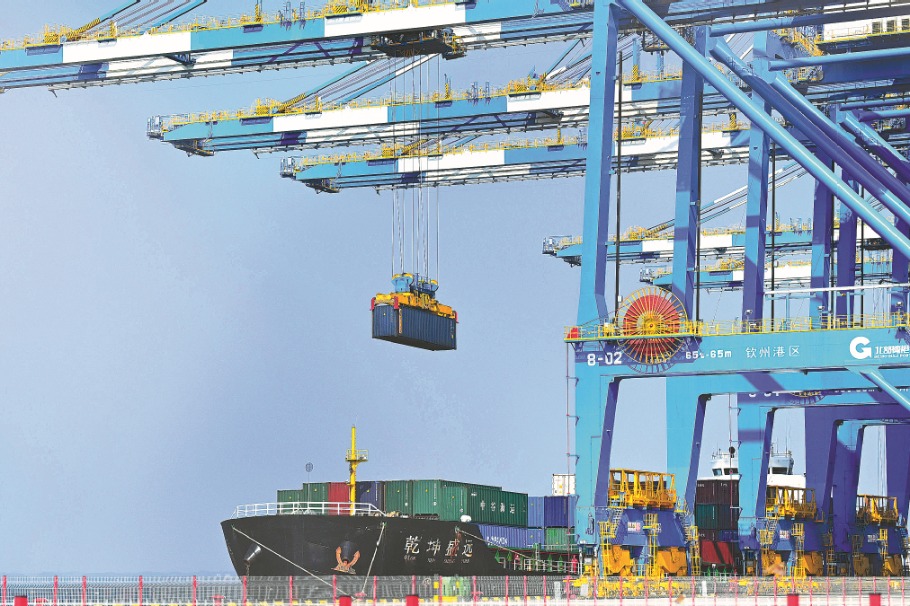China's chances called good for Lasker Prize
By Shan Juan | China Daily | Updated: 2017-12-19 11:07
In 2008, Beijing launched the 1,000 Talent Plan, recruiting established experts from overseas to help fuel the country's advancement. The program has led to the recruitment of more than 6,000 experts in different fields, many of them scientists.
For a long time, most Chinese who wanted to be successful in life sciences went abroad to the US or Europe to do graduate work or a postdoctoral degree, and in recent years, some have been convinced to return to China.
He cited Shi Yigong, a biophysicist and vice-president of Tsinghua University, and Xu Ruiming, head of the Institute of Biophysics at the Chinese Academy of Sciences. Both were trained in the US and are "spectacular scientists." Xu used to work at the Cold Spring Harbor lab.
Overseas returnees have always been a driving force in China's science development, like in the 1950s, when renowned scientists such as Qian Xuesen and Li Siguang returned to help with the scientific and technological development of New China.
However, Stillman stressed the importance of producing homegrown talent. "It's great for China to begin recruiting back established talent," he said. "But like in baseball, you need a farm team as you have local talent coming up, not just hiring superstars from other teams."
To build a farm team, Stillman suggested the country should offer more opportunities for young people to develop their science careers at home. "China has a lot to offer and is surely at a point of taking off," he added.
Cold Spring Harbor provides a good example of nurturing the careers of young scientists. The center now has 52 labs and nearly 600 scientists. The average age of the scientists is in the early 30s.
"We've hired people straight out of graduate school who've gone all the way to win Nobel Prize," he said.
























